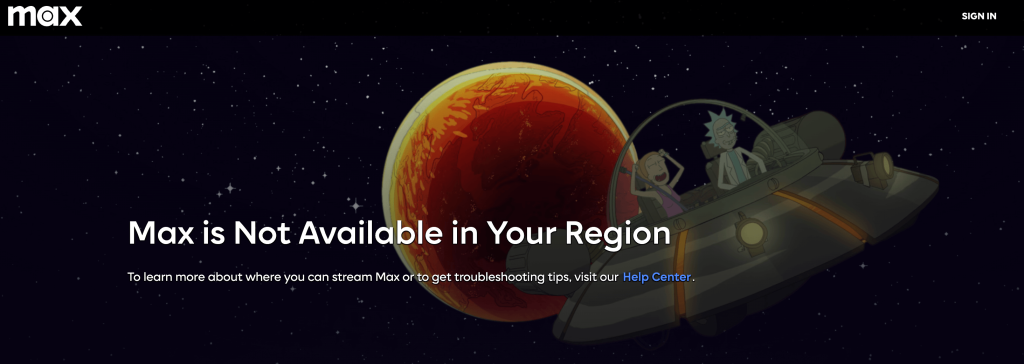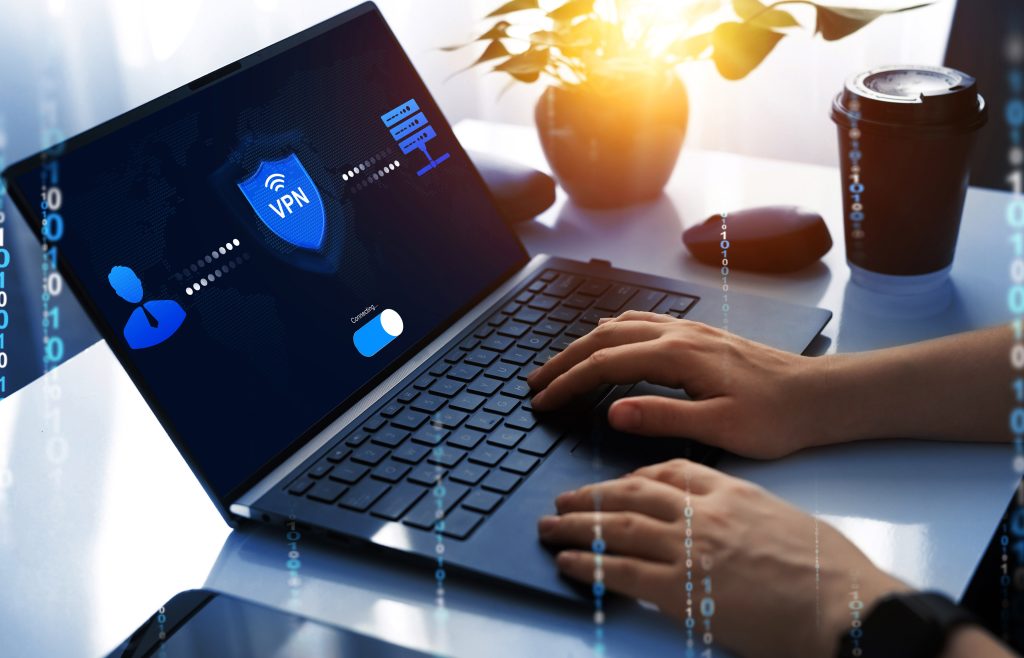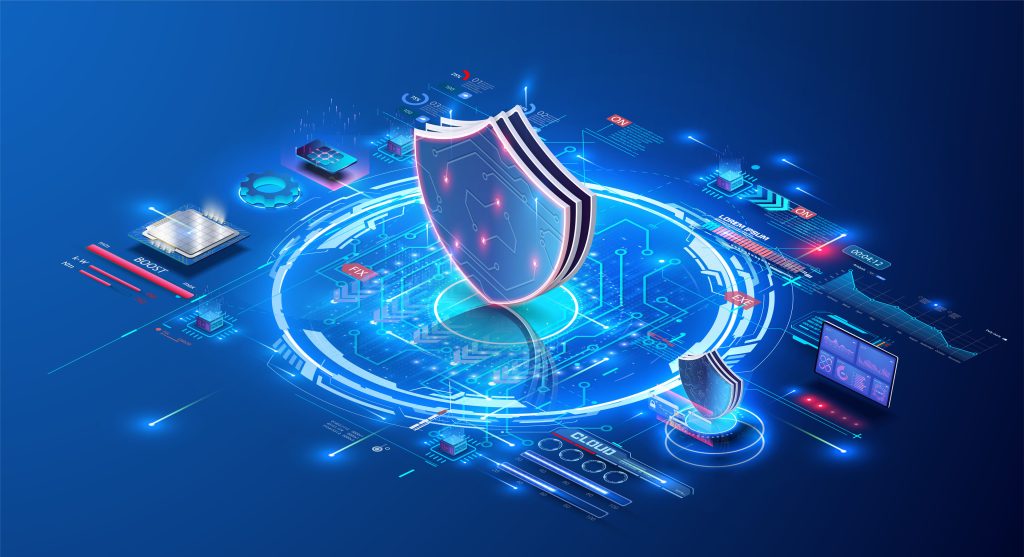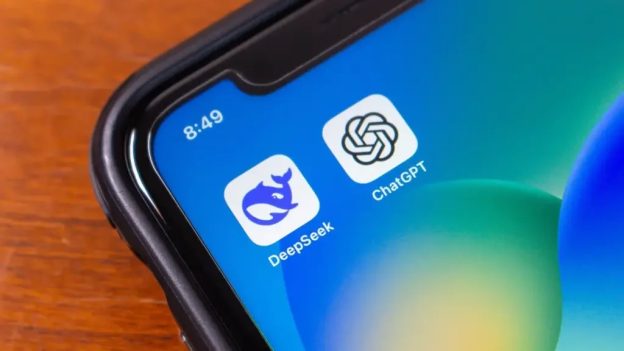In an age where nearly every click, like, and message is tracked, the call for private and secure social media platforms is louder than ever. With major platforms frequently making headlines for data breaches, invasive ad tracking, or mishandled user data, more users are seeking alternatives that prioritize privacy.
You probably don’t want to give up your Instagram, TikTok, or X (formerly Twitter) accounts because other apps have better approaches to privacy. However, you may want to branch out and put more time into platforms that aren’t primarily in the business of collecting data and using it to entice people to buy stuff.
This article explores the best social media apps that offer strong privacy features and the pros and cons of using them. Plus, you’ll learn how you can take control of your data online.

The Rise of Privacy-Focused Platforms
Privacy-first social media platforms have emerged in response to growing concerns about surveillance capitalism and the commodification of personal information. These apps typically avoid collecting user data, offer end-to-end encryption, and avoid algorithm-driven engagement models.
Advantages:
- Minimal Data Collection: Many of these apps collect little to no personal information.
- End-to-End Encryption: Ensures that only the intended recipients can view messages or posts.
- No Ads or Tracking: Users aren’t tracked for advertising purposes.
- Open-Source Codebases: Some platforms allow public auditing for transparency.
Disadvantages:
- Smaller User Base: Fewer people use these platforms, limiting how many people you can connect with and reach.
- Limited Features: They may lack advanced functionality common on major networks.
- Monetization Challenges: Without ad revenue, some platforms rely on donations or subscriptions. Creators looking for apps with revenue sharing will need to stick with the biggest players, such as YouTube and Instagram.

The Best Apps for Online Privacy
1. Reddit
Why it’s a top choice: Reddit is a well-established and trusted haven for people interested in sharing their unfiltered opinions. It’s geared towards anonymous discussions, as users only have a username associated with their account and no profile picture.
Privacy features: Browse anonymously, control location customization, manage email preferences, and filter content based on age or content type.
Best for: Discussions about special interests and niche interests (such as specific video games) with people with a wide breadth of knowledge and experience.
2. Snapchat
Why it’s a top choice: The entire concept of Snapchat is based around privacy: content that’s viewable for 24 hours. The app’s disappearing messages and screenshot notifications make it less likely that data is collected or misused by others.
Privacy features: Control who can contact you, view your story, see your location, and use your Cameos selfie. Use “Ghost Mode” to hide your location on the Snap Map.
Best for: People who have posted stories and multimedia content on Instagram and are seeking an alternative that has a healthy user base.
3. Signal
Why it’s a top choice: Originally known for secure messaging, Signal has expanded into sharing media and group communication. It’s all protected with end-to-end encryption.
Privacy features: No metadata collection, disappearing messages, open-source protocol.
Best for: Secure communication, activism, and private group chats.
4. Mastodon
Why it’s a top choice: A decentralized social network where users join independently run servers.
Privacy features: No central authority, customizable privacy settings, moderation at the community level.
Best for: Users who want a Twitter-like experience without centralized tracking.

5. MeWe
Why it’s a top choice: Marketed as the “anti-Facebook,” MeWe doesn’t track users or serve ads.
Privacy features: No data mining, end-to-end encrypted chats, no algorithmic feeds.
Best for: Facebook-style networking without the privacy concerns.
6. Minds
Why it’s a top choice: An open-source platform offering blockchain-based incentives and user control.
Privacy features: Encrypted messaging, content monetization without surveillance, transparency.
Best for: Creators, thinkers, and privacy-conscious users who want to earn rewards.
7. Element (Matrix)
Why it’s a top choice: A secure collaboration app built on the Matrix protocol. It gives users maximum ownership and control as it can be self-hosted.
Privacy features: End-to-end encrypted messaging and video, open-source, decentralized hosting.
Best for: Teams or individuals who want a Slack-like experience with more emphasis on security.
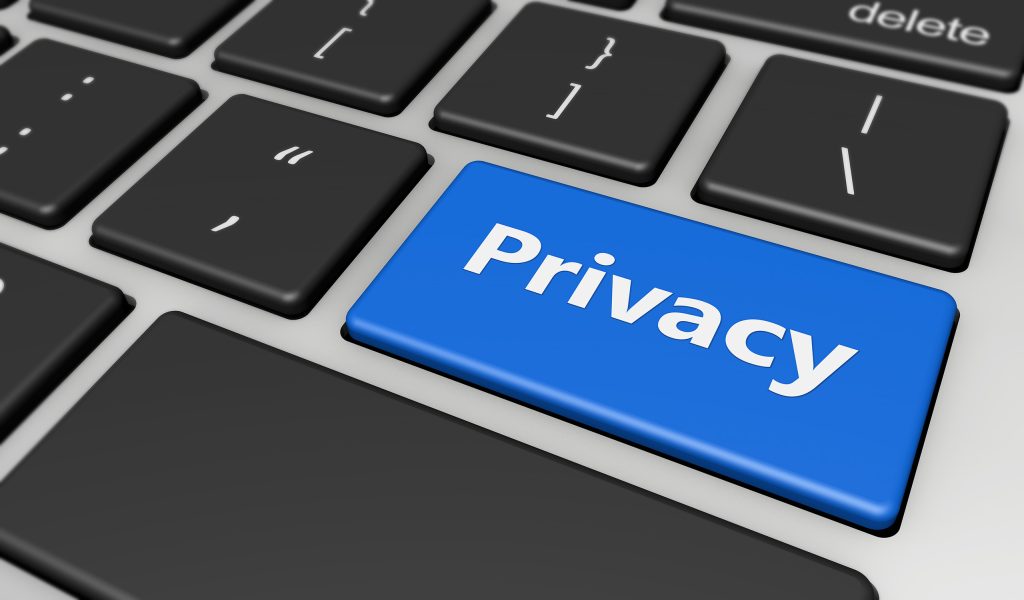
Why Online Privacy Matters on Social Media
Social media platforms gather vast amounts of personal data.
Everything from your location, behavior, and relationships is stored. Typically, the data is used for targeted advertising or shared with third parties. This comes at the cost of user autonomy and can have serious implications in terms of surveillance, identity theft, or manipulation.
Key reasons privacy matters:
- Protecting personal identity and information
- Preventing data misuse or breaches
- Maintaining freedom of expression
- Avoiding manipulation via targeted content
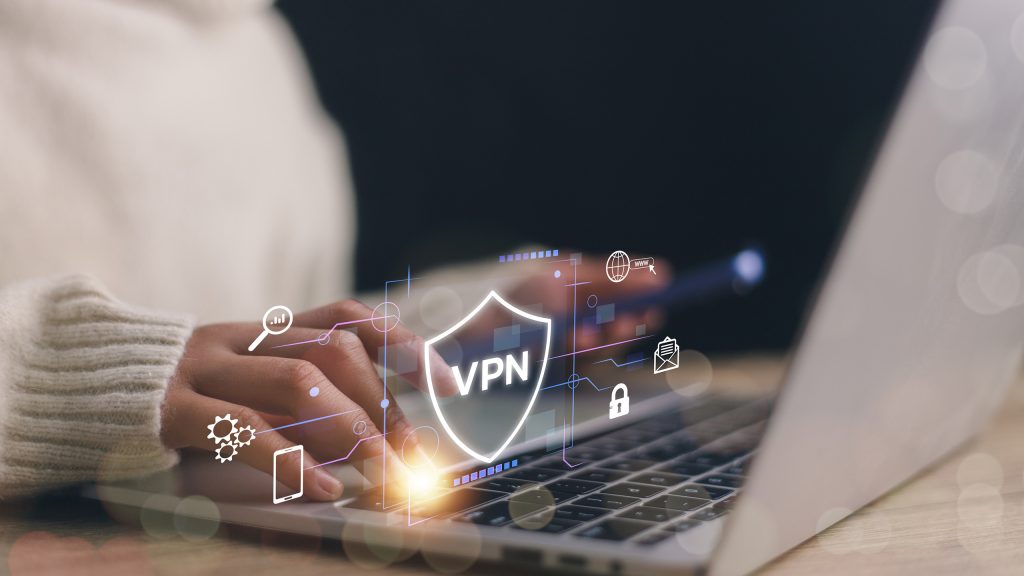
How to Improve Your Online Privacy
Many people use social media to reach as wide an audience as possible. And at the end of the day, it’s about staying connected with friends, family, and coworkers.
Thus, it’s understandable that many people want to stick with the apps with the most users and are considering widening their horizons with privacy-focused platforms.
If you continue using mainstream platforms, here are steps to safeguard your privacy:
- Review privacy settings: Customize who can see your posts and profile information.
- Limit third-party app access: Disconnect unused apps linked to your social accounts.
- Use strong, unique passwords: Be sure to enable two-factor authentication as well.
- Be mindful of what you share: Especially personal identifiers like location or workplace.
- Use a VPN: To mask your IP and browsing activity from trackers. View the top VPNs recommended by LetMeBy here.

Choosing a New Social Media App
It’s easy to get caught up in the details when considering which privacy-focused social media platform is best tailored to your purposes.
Start by comparing the fundamentals of online privacy, which apply to all apps.
When exploring alternatives, ask yourself:
- Does the app collect or sell user data?
- Is encryption used, and if so, is it end-to-end?
- Is the app open source or independently audited?
- Who owns and operates the platform?

When to Consider Switching Apps
Many grew up with apps such as Facebook, but sometimes you need to get rid of the old to make room for the new. Switching apps rather than simply adding newer apps grants you the next level of focus and efficiency.
Privacy is just a part of what makes a social media app better than the rest. That being said, you might consider switching when:
- A current platform experiences a major data breach.
- You notice increased tracking or unwanted targeted ads.
- You want more control over your content and interactions.
- You’re uncomfortable with how your data is being used or shared.

Conclusion
The mainstream apps many of us use every day have many strengths, but giving you the ability to maintain strong online privacy isn’t one of them.
The good news is that the amount of choice out there in terms of privacy-focused platforms is nothing short of incredible. The bad news is that any social media app is only as good as its user base, and the apps with the best privacy are growing but still far behind behemoths like Facebook, Instagram, and YouTube.








